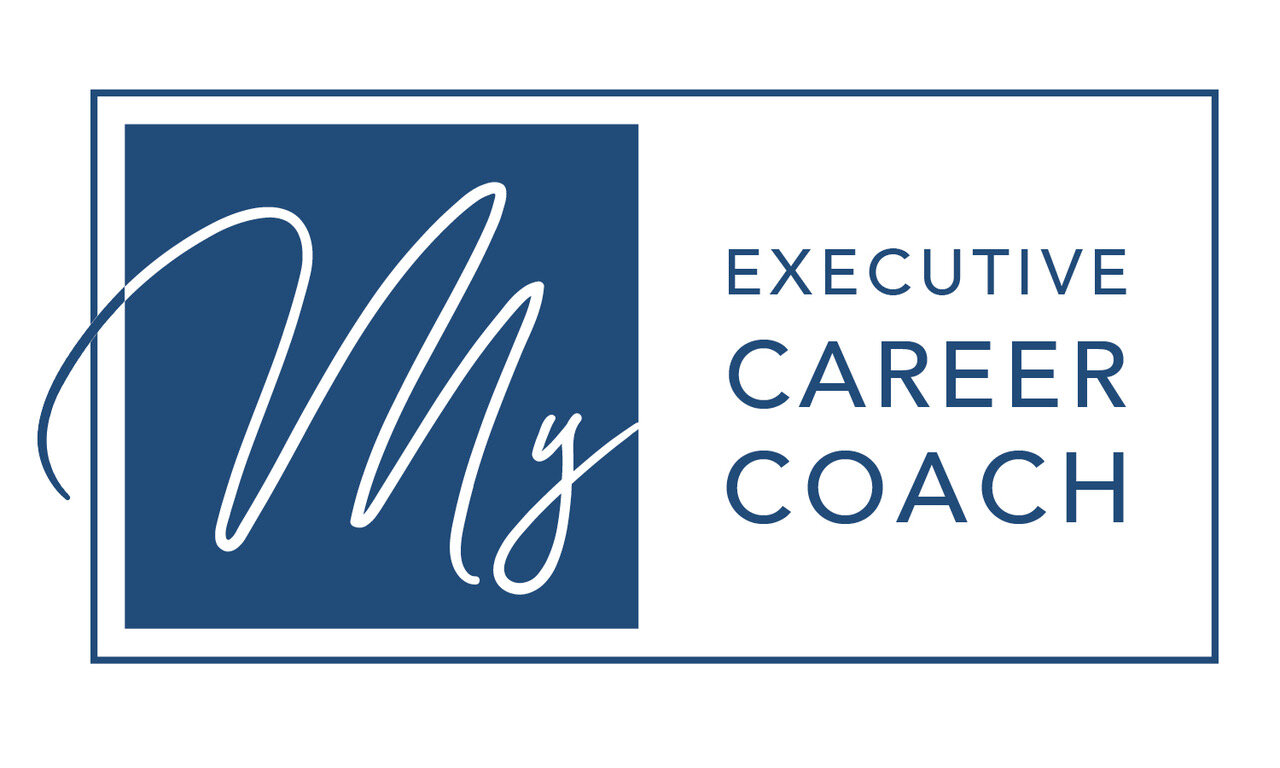By Linda Van Valkenburgh, MS, CCMC, CJSS, CSMCS, CELDC
https://www.linkedin.com/in/lindavan/
Everyone needs to submit a resume when applying for a job.
A resume may be one factor among many other factors considered when screening applicants for possible employment. If your resume does not contain the right keywords or accurately demonstrate your value and experience as an executive there is a good chance you are going to miss opportunities.
What should you include in your resume? Here are several suggestions.
- Keywords
Today, resumes are often machine-read before a human ever looks at them. If your resume does not contain keywords pertaining to the job, you may not get past the initial screening process to obtain an interview.
Be strategic with your resume. Emphasize why you would be right for the job. Research the job posting and include any keywords that appear frequently in the description in your resume.
- Contact Info with some twists.
Your name – Right up top – not in a header (ATS Systems do not necessarily like headers!)
City / State – I don’t think street addresses are necessary here.
Cell number – Only! Giving both numbers on your resume and thereby a choice to the reader may mean you could miss an important call. All calls should go directly to you on your cell. A home number might be answered by one of the children, stay in voice mail, or someone forgets to write down the message.
Email – but Hyperlinked – so the recruiter can “touch and write”
LinkedIn – Vanity URL – not the default URL given when you first join. Also as a hyperlink – so the recruiter can “touch and go” to your profile. If you write an email to me – I will be happy to send you an instruction sheet on how to create your Vanity URL. If you leave the URL as the default address with the letters and numerals after your name – you will show you are not tech savvy in this very competitive environment.
- Title and Personal Brand Statement/Executive Summary
Recruiters do not have much time to look through resumes. If they are not impressed or at least intrigued in the first 10 seconds or so, it is unlikely they are going to spend more time looking through yours.
Be sure to include a specific title at the very top of your resume. This title will concisely convey to a recruiter what it is you do and the job you intend to acquire.
Your personal brand statement or executive summary should be just below your title. It will serve to grab the attention of the recruiter. Relevant keywords, quotes from performance reviews, and value-based metrics are all worth including at this stage.
Your executive summary should establish your credentials as a leader. What difference have you made as a boss? How did you manage team members? What steps did you take to oversee the expedient completion of projects and attainment of business objectives?
Use this section to prove your value as a leader. Avoid generic statements filled with adjectives that are meant to cast you in a positive light. These types of statements could be true of anyone. Instead, craft a value proposition that showcases what makes you unique, and what your specialties are.
- Education
It is important to include your education in your resume. This section, however, should appear towards the end and not at the beginning. Your work history, experience as a leader, and value-based metrics will be valued more highly than which schools you went to and the degrees you completed. It is unlikely that you will grab the attention of a potential employer based on the school you went to.
- Relevant Highlights
Beware of filling your resume to the brim with data and information. You may have many accomplishments you’d like to share with recruiters and decision-makers, but they may not all help you land the job. Your resume should help to promote you to your target audience. Think carefully about the audience and what they may want to know to come to a decision. Edit until you feel the most important points have been covered thoroughly.
Final Thoughts
The most important variable to landing a job is you. It all comes down to what you know, what you’ve achieved so far, and what you can do for a company.
While your resume is unlikely to be the single deciding factor as to whether you land a job, it should at least get you passed the gatekeepers. In that sense, it is still an important document. If it is not well-crafted, you may have trouble getting an interview.
Let’s get to work!
If you have questions about your executive career search, please contact me at 203-323-9977 or [email protected].

